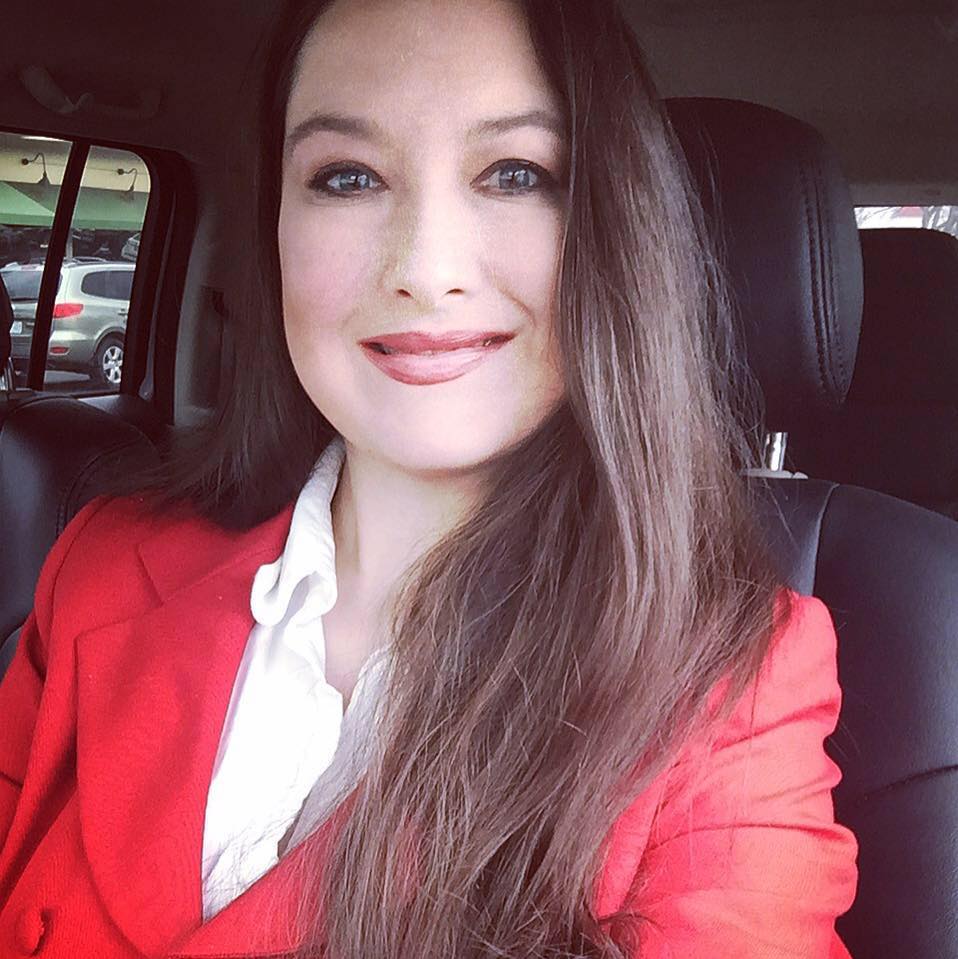Stereotyping on group's agenda for open discussion
LaReeca Rucker
The Clarion-Ledger
All Asians are smart and good at math. All Irish are alcoholics, and all African-Americans are on welfare.
Italians are connected with the mob. Most Hispanics are illegal immigrants. All Muslims are terrorists. And Southerners are racists.
Stereotypes - It's a topic Mississippians are discussing this week during an ongoing Sunday school class at Jackson's Galloway Memorial United Methodist Church and a University of Southern Mississippi program.
"We are getting rid of stereotypes because they have held us down so long," said Jeremy Hosey, president of USM's Future Black Law Students Association. "They have trampled on our laws, and we are taking them to court and sentencing them to death."
The association is leading tonight's program, aptly called "Stereotypes: Sentenced to Death," part of Black History Month activities at USM. The panel discussion from 7-9 p.m. in the R.C. Union Building Room B with professors and local community leaders will "crack down on stereotypes of all people, with special emphasis on African-Americans," Hosey said.
At Galloway, Rachel Kabukala has been leading a six-week Sunday school class called "Exploring White Identity."
"I don't think most people contemplate their whiteness," she said, "because when you're in the majority group, people aren't demanding that you do that on a daily basis."
The discussion involving participants ages 20-80 quickly evolved into a conversation about "white privilege."
"The majority of all of the people coming to the class would say, 'I'm not mean to nonwhite people,' 'I don't use racist slurs,' 'I would never deny anyone access to education,'" she said.
"Some of these are kind of stereotypical perceptions of how we define racism. That is - thinking of racism more as individual acts of meanness toward other people than believing the simple fact that they're white, and their white identity comes into play when you are thinking about the grander scale of society. That was a difficult pill to swallow.
"If we are benefiting on a larger scale from a corrupt system and we choose to sit idly by, we are sort of participating in passive racism," she said.
Participants were reserved during the first few classes.
"The last few weeks I have heard some things that sound a little more like what I think a lot more mainstream white people think," she said. "Yesterday, we talked about what makes us angry and what we're afraid of. A lot of what I was hearing is, 'It's just not fair.'"
"We're trying to talk about where that fear and anger comes from and how we can figure out what to do with those things. We are taking it from a biblical perspective."
Why it's important to contemplate and how it relates to our identity as Christians are two questions Kabukala is asking. The Minnesota native grew up in a self-described "homogeneous area" and attended a small liberal arts college with a strong emphasis on diversity.
She majored in art and education and minored in American racial and multicultural studies, then moved to Jackson in August 2006 to teach in the Jackson Public School system, where she was a minority.
She married a native of the Democratic Republic of the Congo and became a mom.
"Being an interracial couple in Jackson, I purposely chose to shut down for a while and decided not to think of those things (stereotypes)," she said. "This fall, I finally e-mailed pastors and mentioned a desire to talk about them.
Kabukala said she has seen some participants struggle.
"There's an older gentleman from the church who shares so honestly," she said. "He struggles with anger and fear. He said, 'I wish I knew how not to think these things and not feel these things.'"
That's why she plans to continue the dialogue on Sundays and Wednesday nights. She's also willing to speak at other churches.
At tonight's USM program, the speakers will range from teachers to university police officers, Hosey said.
"We have some guided questions we are going to use, and then we are going to turn to the audience and ask them some questions," he said.
Hosey, a Laurel native and senior political science major, said the FBLSA thought the topic should be discussed.
"Stereotypes are out there. But sometimes, if we get rid of them, we can break other barriers as well."


.jpg)